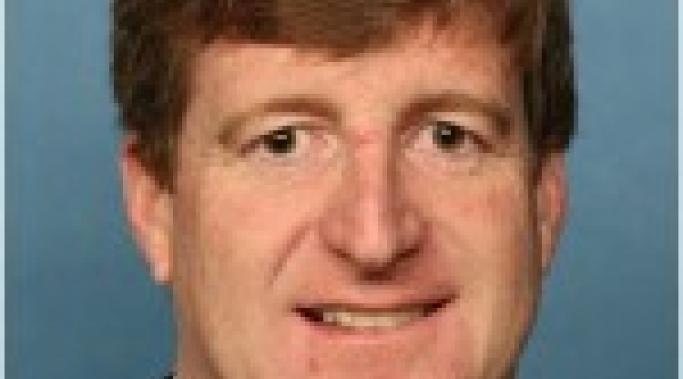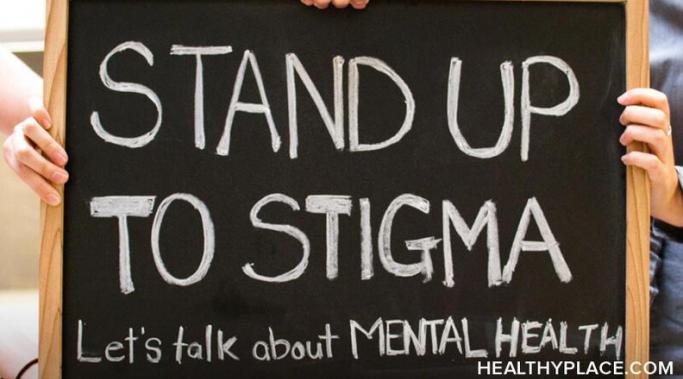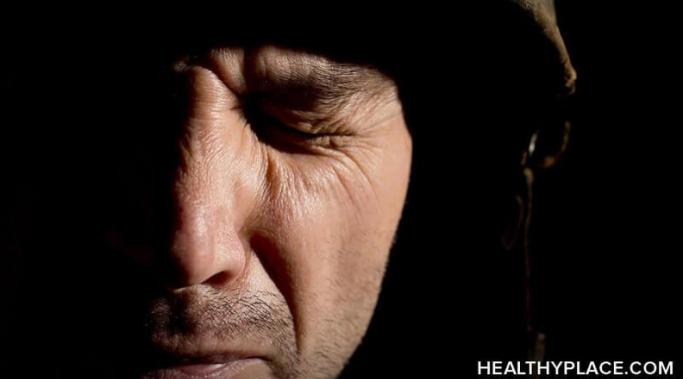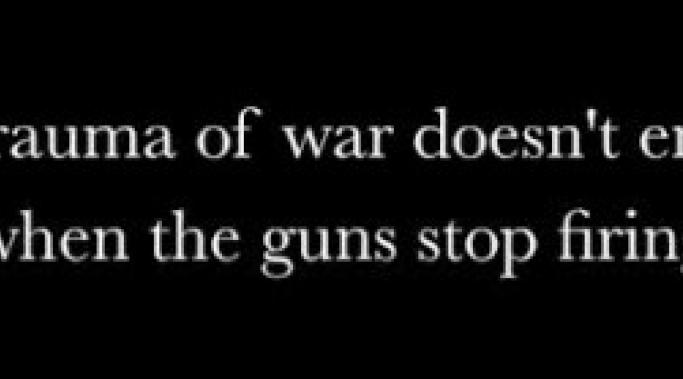In this two-part series, I speak with former Congressman Patrick Kennedy, D-RI, about mental health stigma and the work he and others are doing, not only to combat stigma, but to bring research into brain disorders and illnesses to the forefront. Kennedy is a co-founder of One Mind for Research, a group dedicated to brain disorder research. In this interview, Kennedy speaks about mental health stigma; the role his uncle, President John F. Kennedy played in bringing about treatment to local communities, and the role of post-tramatic stress in the "astronomical" suicide rate of today's veterans.
How to Combat Stigma
Have you thought about the words use that keep mental health stigma alive and well? I recently got into a rather heated debate with a mental health writer about her choice of words. Specifically, I felt uneasy by her use of the phrase "these people." I'm not sure why this phrase triggered feelings of separateness in me; in the scheme of things, it is not the most offense phrase in the English lexicon.
Then it clicked. Historically, words have been used to separate and disfranchise people with mental illnesses. Words have power, and the use of words carelessly promotes stigma and the viewpoint that "these people" are scary, dangerous, and to be avoided.
Combat PTSD, specifically PTSD resulting from having been in combat, was once the only kind of PTSD we thought existed. Of course, shell shock wasn't called PTSD at that time. We've come a long way in understanding that trauma (of all kinds) may result in PTSD. Melanie Davis, founder of the Love Your Veterans program, has specific advice for combat PTSD sufferers, and she's working hard to pass it along.
According to the New York Times, for every soldier who has died on the battlefields of Afghanistan or Iraq, 25 will die by their own hand. This appalling suicide statistic should be more than enough to wake us up and start dealing head on with the epidemic of PTSD in the military.



